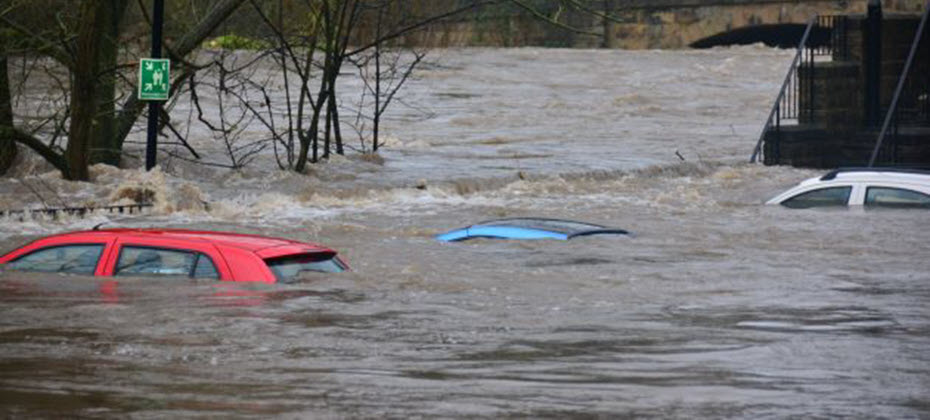Tag: auto vehicle data

Vehicles with recalls are on the road. In fact, as of July 2023, there were over 15M vehicles on the road in the United States that have a recall that was reported for that vehicle between January and June 2023². Awareness of Open Recalls and the availability of remedies is important for our Automotive clients. As a result, we have added the National Highway Transportation Safety Administration (NHTSA) number and remedy availability flag to three of our Vehicle History Data Solutions: AutoCheck Vehicle History Report Dealers and consumers will be aware of open recalls and if there is a remedy available for the recall. This can alleviate consumer concern over an open recall if there is no remedy available facilitating consumer confidence in a vehicle purchase. AutoCheck Triggers Clients will be aware of any open recalls and the remedy viability in their vehicle portfolio. Many clients use AutoCheck Triggers to make business decisions regarding their vehicle portfolio. Auto AccuSelect Adding the NHTSA recall number and remedy availability flag to Auto AccuSelect allows clients to be aware and take action regarding the vehicles they are evaluating. It is critical to know open recall information, as well as the overall history of a vehicle before buying or selling a used car. Experian Automotive’s vehicle history data solutions, such as a the AutoCheck vehicle history report, can help you buy and sell vehicles with confidence. AutoCheck has 98.96% of manufacturer coverage for recall data based on vehicles in operation. If you’d like to learn more about a recent analysis Experian Automotive conducted about the number of recalls reported for the first half of 2023, where those events were reported and where those vehicles are currently in operation, click to view our Recall Insights Infographic.

The AutoCheck FREE Flood Risk Check site has been updated with data from Kentucky, Colorado, Texas, and Missouri floods New cars continue to be in short supply due to the microchip shortage, so consumers quickly turned their attention to used cars. Unfortunately, dealers continue to struggle with obtaining enough used car inventory to meet demand. To add to an already challenging time, Mother Nature has brought record flooding in multiple areas of the United States. It’s more important than ever that dealers be careful about obtaining pre-owned cars that could potentially have flood damage. The best way to mitigate the risk of purchasing a flood damaged vehicle is to start by running an AutoCheck Free Flood Risk Check. Visitors simply enter any vehicle's 17-digit VIN and the tool will check for flood brands and provide information if the vehicle was registered in a region impacted by a FEMA disaster declaration. Two levels of reporting available The first level of reporting determines whether the vehicle has been titled/registered 12 months prior in a county that has been identified as requiring public and individual assistance (FEMA categories A and B) for a FEMA-declared major disaster. This would yield a “Yes” result. For instance, you would get a “Yes” result if the vehicle was registered in an impacted area during the time of a FEMA-declared major Hurricane disaster. The “Yes” result should not be interpreted as confirmation of flood damage or even possible flood damage. The data is provided merely as information regarding the location of the vehicle’s registration/title history so users can be aware of risk exposure. For example, the Hurricane Ida region had thousands of damaged cars, but some cars in the region may not have been damaged by the hurricane — the owner could have driven the car when they evacuated, or a child or other family member may have been out of town with the car when the hurricane hit. The second level of reporting is based on search results from Experian data such as flood title and problem records, including flood State title brands, auction flood announcements, salvage auction flood designations, and other vehicle records determined by Experian to relate to or suggest an increased likelihood of flood damage or risk exposure. It takes time for claims and updates to vehicle title information to appear on a vehicle’s history and although the DMV requires that title brands be issued for vehicles damaged by floods, not every vehicle flood event is reported by car owners. Unreported flood events may not appear on an AutoCheck Flood Risk Check or AutoCheck Vehicle History Report. Although Experian provides flood related records from available data sources, we cannot provide assurance that an AutoCheck Flood Risk Check that does not produce any records means that the subject vehicle has not experienced flood damage. That’s why it’s important to review a full AutoCheck Vehicle History Report, which—in addition to potential flood damage—includes reported accidents, branded titles, recalls, number of owners and more. Once you run the full Vehicle History Report we recommend an independent evaluation and inspection of the vehicle to determine and confirm a vehicle’s condition prior to purchase. Try the AutoCheck Flood Risk Check today to help mitigate the risk of purchasing flood damaged vehicles. Not an AutoCheck subscriber? Contact us to become an AutoCheck client.